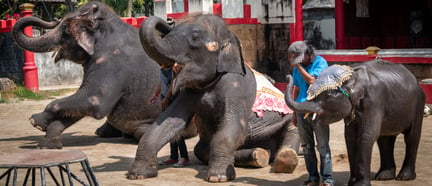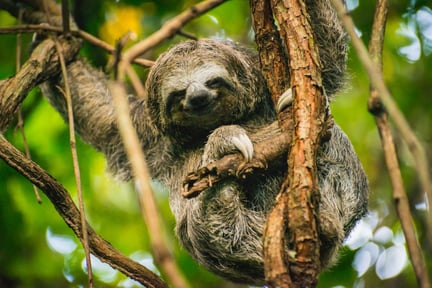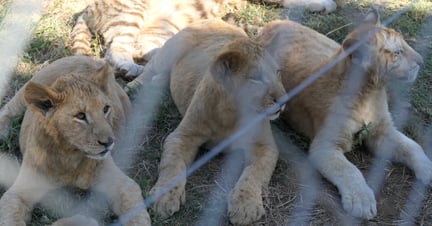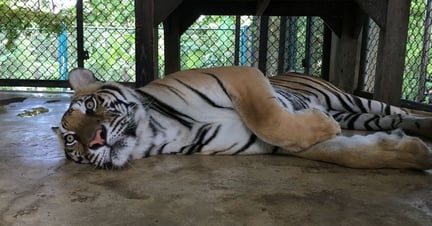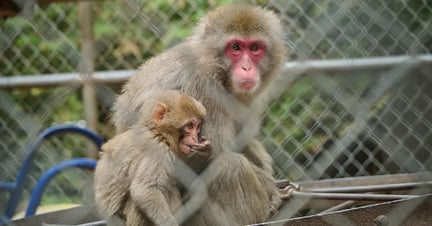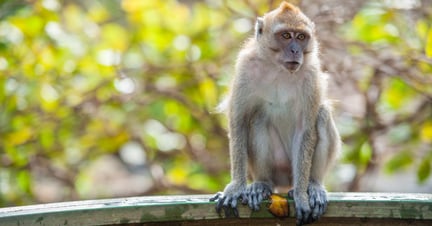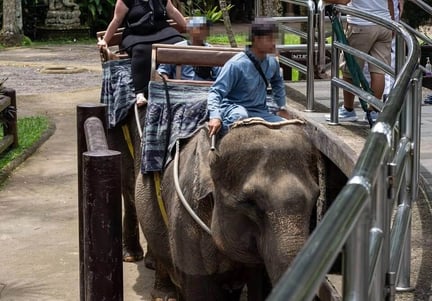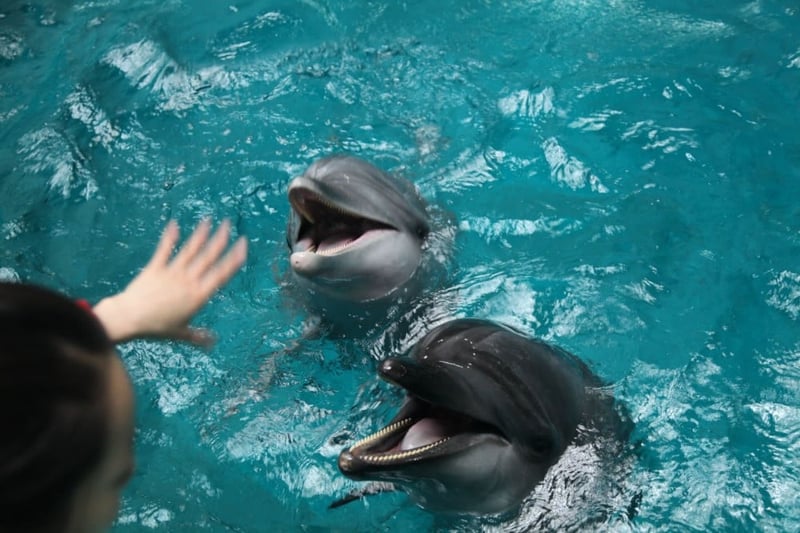
Authorities Permanently Close Dolphinarium at Riviera Maya's Hotel Barceló
News
PROFEPA enforces definitive closure following serious animal welfare violations and dolphin death.
Mexico’s Federal Attorney for Environmental Protection (PROFEPA) has announced the total and definitive closure of the dolphinarium located at Hotel Barceló in Riviera Maya, operated by Acuario Arrecifal, S.A. de C.V.
This action follows a series of serious violations of Mexico’s environmental and animal welfare laws, including failure to report a dangerous incident involving a dolphin named Mincho, unauthorised use of animals in acrobatic performances, and inadequate veterinary care.
The closure also comes in the wake of the dolphin's tragic death.
PROFEPA identified seven major infractions, such as:
- Dolphins being forced to perform stunts not included in the approved management plan
- Animals under veterinary treatment being used in shows without proper authorisation
- Exceeding the permitted number of participants in interactive sessions
- Inadequate water temperatures and missing health evaluations
- Failure to report serious injuries to the authorities
These findings paint a deeply troubling picture of how dolphins were treated at the facility.
They also reflect a broader issue across the country: the captive dolphin industry fails to protect marine mammals from suffering.
Closure of Dolphinarium signals the need for reform
Dolphins are highly intelligent, social animals who cannot thrive in captivity. Their physical and psychological needs are impossible to meet in artificial environments, no matter how “natural” these may appear.
This closure must be more than a response to a single facility’s failures. It should mark a turning point in how Mexico addresses dolphin captivity.
As an organisation committed to ending the exploitation of wild animals, we are calling on Mexican authorities to use this moment to develop a national strategy that supports the ethical and gradual closure of all dolphinariums.
Eugenia Morales, Wildlife Campaigns Manager at World Animal Protection:
"We welcome the closure of the Barcelo Riviera Maya Hotel dolphinarium by the Mexican government entity, PROFEPA.
"The facility was closed due to the mistreatment of the animals and forcing them to perform tricks that could risk their life.
We are concerned about the future welfare of the animals and call on the government to ensure that destination facilities provide those dolphins with the highest possible welfare, an environment that enables a maximum of natural behaviour, be free of the need to perform and impede breeding.
"We also urge the government of Mexico and all countries that have captive dolphin facilities to implement policies that restrict their breeding and capture, to prevent another generation of animals suffering in captivity."
A future without dolphin exploitation
The definitive closure of the dolphinarium at Hotel Barceló is a crucial step in the right direction. But it must not be the last.
PROFEPA has committed to carrying out unannounced inspections of all 17 dolphin facilities in the area.
We remain committed to working with governments, experts and the public to end dolphin captivity and build a future where wild animals are respected and left in the wild, where they belong.
Related content
Protecting wildlife in travel & tourism
Wildlife
Would a real responsible traveller have captive wildlife entertainment on their wish list?
Animal Sentience
At World Animal Protection sentience is at the heart of everything we do, click to find out more.
What is wildlife farming?
Ending commercial exploitation
Wildlife farming is the commercial breeding and raising of wild animals. Learn how you can take action to prevent their exploitation.
